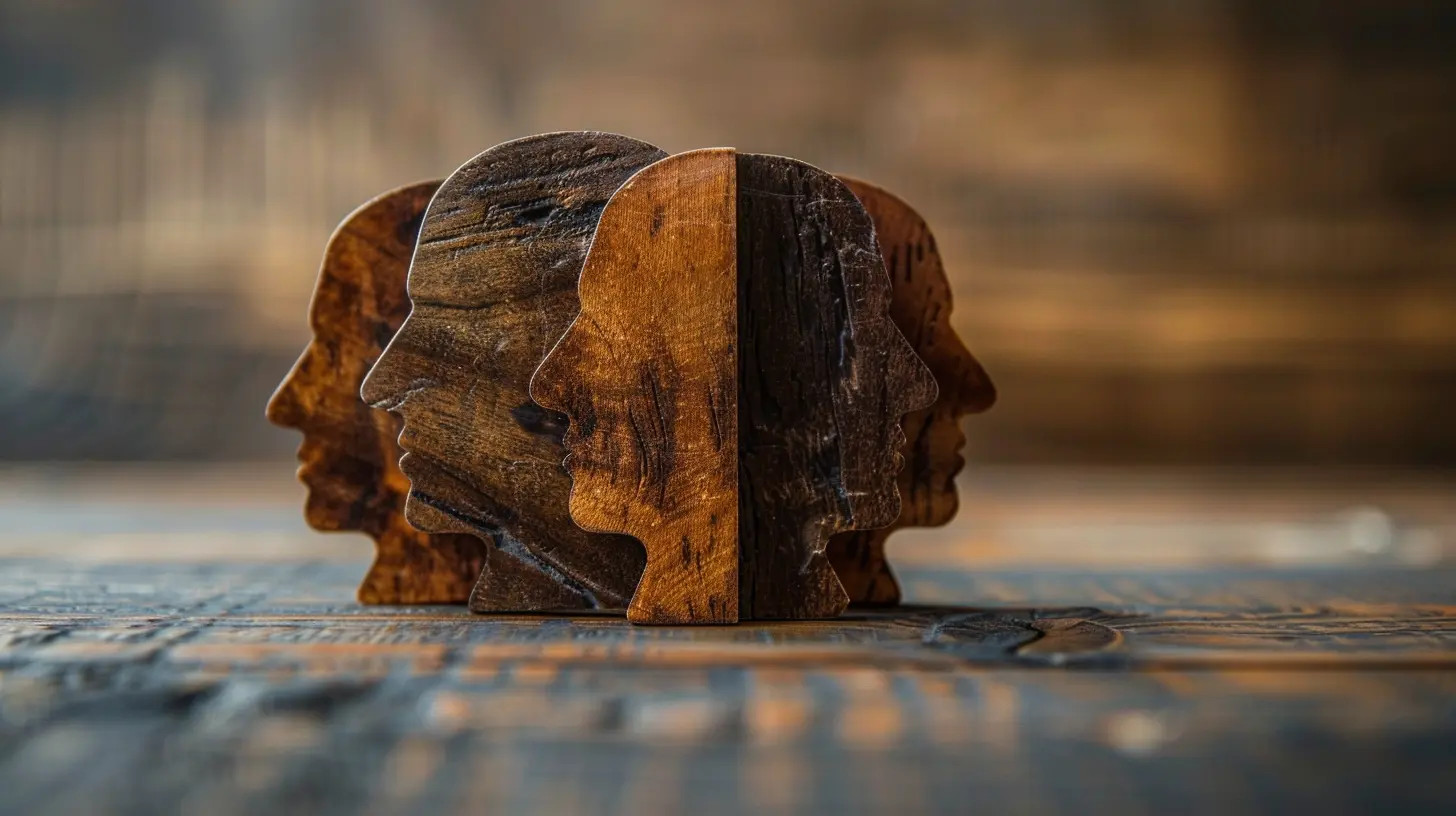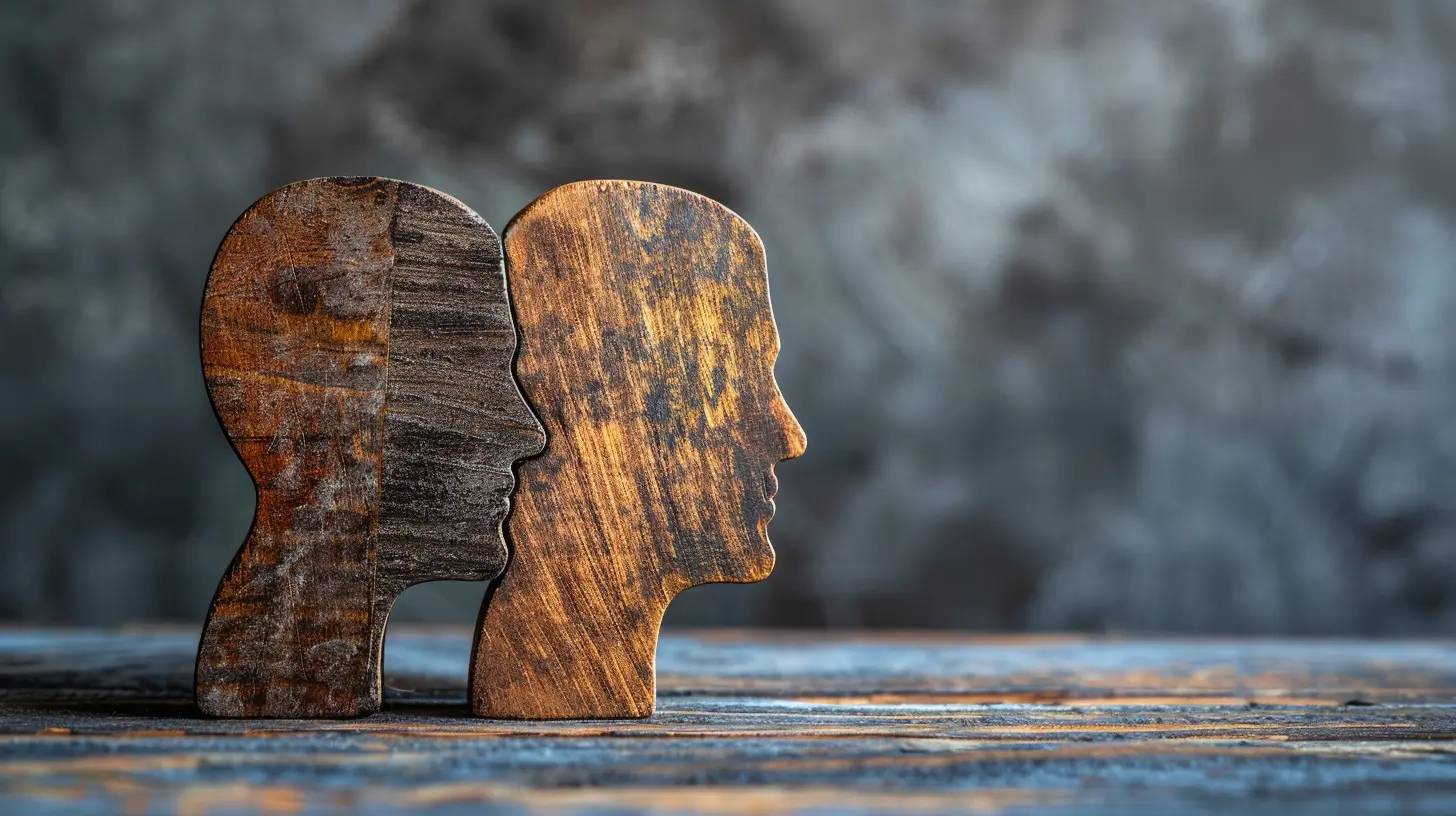The Role of Family Therapy in Bipolar Disorder Treatment
4 December 2024
Bipolar disorder is a challenging mental health condition that affects millions of people worldwide. It doesn’t just impact the person diagnosed; it reverberates through their relationships, particularly within the family unit. If you or someone you love has been diagnosed with bipolar disorder, you may already know how difficult it can be to navigate the emotional highs and lows.
But here's the thing: while medication and individual therapy are often the go-to treatments, family therapy can be a game-changer. It’s not just about helping the individual with bipolar disorder—it’s about getting the whole family on board, working together, and addressing the challenges as a team. In this article, we’ll break down the role of family therapy in bipolar disorder treatment and why it’s so essential.
What is Bipolar Disorder, Exactly?
To understand the importance of family therapy, we need to first grasp what bipolar disorder is. Bipolar disorder, previously known as manic-depressive illness, is a mental health condition characterized by extreme mood swings. These mood swings include emotional highs (mania or hypomania) and lows (depression).Imagine feeling like you're on top of the world one day, with boundless energy, and then crashing into a deep pit of despair the next. That’s what it can feel like living with bipolar disorder. And it doesn’t just impact the person going through it—it affects their entire support system, especially family members.
The Importance of Family in Bipolar Disorder
Let’s be real—family plays a massive role in our mental well-being. Whether we like it or not, we’re emotionally intertwined with our families. For someone with bipolar disorder, the family’s involvement can either make or break their treatment progress.Why? Because living with bipolar disorder is hard enough, but dealing with misunderstandings, frustrations, or a lack of support from family can make it even harder. Family members may feel confused, helpless, or even angry about the erratic behavior that often accompanies bipolar disorder.
Here’s where family therapy steps in.
What is Family Therapy?
Family therapy is a type of psychotherapy that involves the entire family, not just the individual who is struggling with the mental health condition. It’s based on the premise that family dynamics, interactions, and relationships can either contribute to or alleviate mental health issues.In the context of bipolar disorder, family therapy helps family members understand the condition, learn how to communicate better, and develop strategies to support their loved one. It’s about making the home environment a safe, supportive, and collaborative space for healing.
Why Is Family Therapy So Vital in Bipolar Disorder Treatment?
1. Education and Understanding
One of the biggest challenges families face when a loved one has bipolar disorder is a lack of understanding. Mental health conditions can be confusing, and bipolar disorder is no exception. Family therapy provides a much-needed educational component.During therapy sessions, family members learn about the symptoms of bipolar disorder, the nature of mood swings, and the triggers that can exacerbate the condition. With better knowledge comes greater empathy and less frustration. It’s like trying to solve a puzzle—you can't find the solution if you don’t understand how the pieces fit together.
2. Improved Communication
Ever feel like you're talking to a brick wall? During manic or depressive episodes, communication can break down quickly. Family therapy focuses on improving communication skills, helping family members express their feelings without causing more harm.For example, rather than reacting to a manic episode with anger or fear, family members learn to approach the situation with calmness and understanding. They also learn how to talk about their own needs without laying blame, which can be tricky when emotions are running high.
3. Conflict Resolution
Let’s not sugarcoat it—bipolar disorder can lead to a lot of family conflicts. Whether it’s due to impulsive decisions during a manic episode or withdrawal during a depressive phase, arguments and misunderstandings are common. Family therapy teaches conflict resolution skills, helping everyone involved to handle disagreements in a more productive, less destructive way.It’s like learning to drive a car. If you don’t know how to handle a sharp turn, you’re likely to crash. Conflict resolution strategies help families navigate those sharp turns without wrecking the relationships.
4. Support for Caregivers
Caring for someone with bipolar disorder can be emotionally and physically draining. Family members often take on the role of caregivers, sometimes without even realizing it. This can lead to caregiver burnout, where the constant stress and emotional toll start to wear them down.Family therapy provides a space for caregivers to express their own struggles and get the support they need. It's like putting on your oxygen mask first before helping others—you can't pour from an empty cup.
5. Relapse Prevention
Bipolar disorder is a chronic condition, which means there’s always a risk of relapse. Family therapy can play a significant role in relapse prevention by helping family members recognize the early warning signs of mood swings. This way, they can act quickly to prevent a full-blown episode.For instance, if a family member notices that their loved one is starting to sleep less, become more irritable, or exhibit risky behavior, they can encourage them to seek help before things spiral out of control.
What Happens During Family Therapy?
You might be wondering, "What actually happens in a family therapy session?" Good question. Family therapy for bipolar disorder typically includes several key elements:Assessment
First, the therapist will assess the family dynamics. They’ll identify any communication issues, unresolved conflicts, or unhealthy patterns of behavior. This helps tailor the therapy to the specific needs of the family.Psychoeducation
As mentioned earlier, one of the main goals of family therapy is to educate everyone about bipolar disorder. The therapist will explain how the condition works, what the symptoms look like, and how to manage them. This can be an eye-opening experience for family members who may have been in the dark about the condition.Skill-Building
Family therapy isn’t just about talking; it’s also about action. The therapist will work with the family on specific skills, like active listening, problem-solving, and emotional regulation. These skills are crucial for maintaining healthy relationships and supporting the person with bipolar disorder.Role-Playing
Sometimes, the therapist will use role-playing techniques to help family members practice new communication strategies. For example, one family member might pretend to be the person with bipolar disorder, while another practices responding to a manic episode in a calm, understanding way.When Should You Consider Family Therapy?
Not every family will need therapy, but there are certain signs that indicate it could be beneficial. Here are a few situations where family therapy might be a good idea:- Frequent Conflicts: If your family is constantly arguing or experiencing tension, therapy can help resolve these issues.
- Misunderstanding the Disorder: If family members don’t understand bipolar disorder or how to help, education through therapy can make a world of difference.
- Caregiver Burnout: If you or other family members are feeling overwhelmed by caregiving responsibilities, therapy can provide much-needed support.
- Relapse Concerns: If relapses are frequent, family therapy can help identify triggers and early warning signs to prevent future episodes.
The Benefits of Family Therapy in Bipolar Disorder Treatment
To sum it up, the benefits of family therapy in bipolar disorder treatment are vast:- Understanding and empathy are increased.
- Communication becomes more effective.
- Family members learn how to resolve conflicts in a healthy way.
- Caregivers receive the support they need to avoid burnout.
- Relapse prevention strategies are put in place.
Family therapy doesn’t just benefit the person with bipolar disorder; it strengthens the entire family unit. By working together, families can create a more supportive, understanding environment, which is crucial for long-term stability and well-being.
Final Thoughts: A Team Effort
Bipolar disorder is tough, no doubt about it. But it doesn’t have to tear families apart. With the right tools, education, and support, families can come together to help their loved ones manage the condition and lead fulfilling lives. Family therapy is one of those tools—one that can make all the difference.Remember, mental health isn’t just an individual journey. It’s a team effort, and family therapy gets everyone on the same page, working toward a common goal: the well-being of the person with bipolar disorder and the health of the family as a whole.
all images in this post were generated using AI tools
Category:
Bipolar DisorderAuthor:

Jenna Richardson
Discussion
rate this article
12 comments
Ramona Walker
In the intricate dance of bipolar disorder, family therapy reveals hidden patterns and unspoken truths, unlocking pathways to healing. What secrets lie beneath the surface, waiting to be discovered?
February 6, 2025 at 5:55 PM

Jenna Richardson
Thank you for your insightful comment! Indeed, family therapy can illuminate vital dynamics and foster understanding, essential for healing in bipolar disorder.
Tabitha McFadden
Great insights, thank you!
January 30, 2025 at 4:05 PM

Jenna Richardson
Thank you for your kind words! I'm glad you found the insights helpful.
Orionyx McLean
This article highlights a vital aspect of bipolar disorder treatment. I'm intrigued by how family dynamics can influence recovery and improve overall mental health outcomes.
January 26, 2025 at 5:47 PM

Jenna Richardson
Thank you for your insightful comment! Family dynamics play a crucial role in the recovery process, and it's encouraging to see more awareness around this aspect of bipolar disorder treatment.
Elowen Strickland
Family therapy plays a crucial role in bipolar disorder treatment by fostering communication, enhancing support systems, and addressing relational dynamics, ultimately empowering families to navigate the challenges together.
January 20, 2025 at 4:54 PM

Jenna Richardson
Thank you for your insightful comment! I completely agree that family therapy is essential in fostering communication and support within families affected by bipolar disorder.
Sabina Davis
Absolutely loved this article! 🌟 Family therapy can be such a powerful tool in managing bipolar disorder. It fosters understanding and support, making the journey to mental wellness much brighter!
January 17, 2025 at 3:54 AM

Jenna Richardson
Thank you so much for your kind words! I'm glad you found the article helpful in highlighting the importance of family therapy in bipolar disorder treatment. 🌼
Corin Marks
Essential support for lasting recovery.
January 5, 2025 at 5:26 PM

Jenna Richardson
Thank you for your insight! Family therapy indeed plays a crucial role in fostering a supportive environment for lasting recovery in bipolar disorder.
Rosalyn Mason
This article beautifully highlights the importance of family therapy in supporting those with bipolar disorder. Understanding and connection matter.
December 30, 2024 at 4:14 PM

Jenna Richardson
Thank you for your kind words! I'm glad you found the article highlights the crucial role of family therapy in supporting individuals with bipolar disorder.
Carter Meyers
Thank you for highlighting the importance of family therapy in bipolar disorder treatment. It truly emphasizes the supportive role loved ones play in healing and understanding.
December 18, 2024 at 5:06 PM

Jenna Richardson
Thank you for your kind words! Family therapy is indeed crucial in providing the support and understanding needed for effective bipolar disorder treatment.
Peregrine Malone
Family therapy for bipolar disorder: because sometimes, the best coping mechanism is getting everyone on the same page—preferably with a side of humor, a dash of patience, and a whole lot of love!
December 13, 2024 at 3:53 PM

Jenna Richardson
Thank you for highlighting the importance of family support! Humor, patience, and love truly are essential ingredients in the therapeutic process.
Mira Stewart
Family therapy can be a vital component in bipolar disorder treatment, enhancing communication and support, fostering understanding, and creating a collaborative environment for recovery.
December 7, 2024 at 5:43 AM

Jenna Richardson
Thank you for highlighting the importance of family therapy in bipolar disorder treatment. Effective communication and support truly play a crucial role in the recovery process.
Thea Thompson
This article highlights a vital aspect of bipolar disorder treatment; I’m eager to learn more about the impact of family dynamics!
December 5, 2024 at 4:26 PM

Jenna Richardson
Thank you for your interest! Family dynamics play a crucial role in treatment, and I'm glad to see your eagerness to explore this important aspect further.
Harley McLain
Together we mend, weaving hope through the tapestry of family and healing.
December 4, 2024 at 5:45 PM

Jenna Richardson
Thank you! Family involvement is indeed crucial in fostering hope and healing in bipolar disorder treatment.
MORE POSTS

How Parental Involvement Influences Cognitive Growth

The Role of Self-Esteem in Social Anxiety and How to Boost It

Freud’s Legacy in Popular Culture: Myths and Misunderstandings

Digital Detox: How to Break Free from Technology Addiction

How Childhood Experiences Shape Adult Mental Health

The Role of Mindfulness in Managing Bipolar Symptoms

Gender Differences in Cognitive Development: What the Research Says

Nature vs. Nurture: The Debate in Cognitive Development